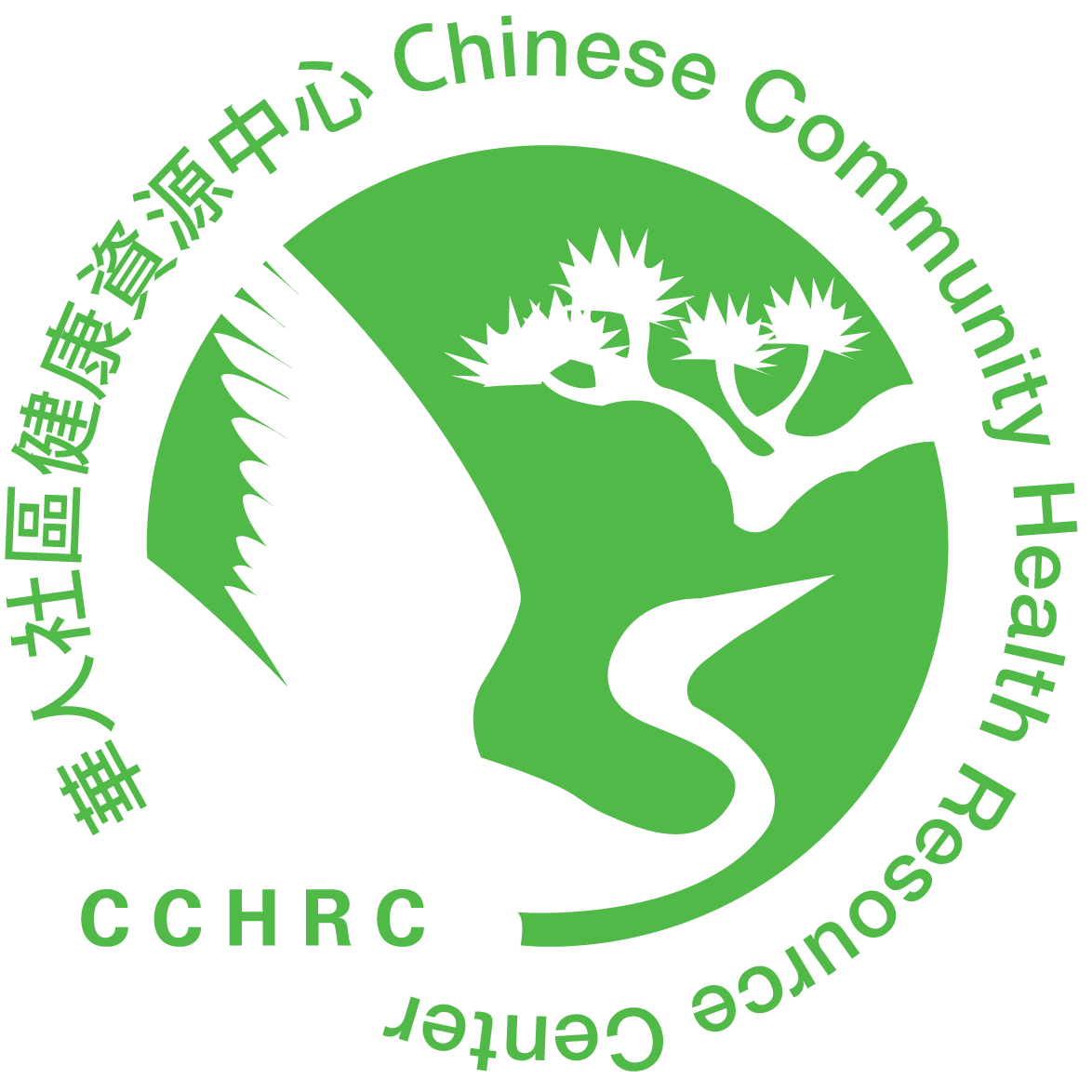Osteoporosis is a disease that causes bones to become thin and weak. It is easier for weak bones to fracture or break. Loss of bone mass is a natural part of aging and usually begins after the age of 35. However, excess loss causes bones to become thin and brittle, leading to a condition known as osteoporosis. Women are more susceptible, especially if you have family history of osteoporosis, have had your ovaries removed, are Asian or Caucasian, small-boned, inactive, or past the age of menopause. Remember that men can also get osteoporosis.
Symptoms
Osteoporosis takes years to develop and may or may not have symptoms. Some warning signs include:
- Fractures (hip, wrist, spine)
- Curvature of the upper back
- Loss of height
Prevention
Things that you can do to keep your bones strong:
- Stop smoking
- Limit alcohol
- Limit soft drinks.
- Eat foods high in calcium, such as dairy products, firm tofu, canned fish with bones, dark-green leafy vegetables, and fortified soy milk and orange juice.
- Daily exposure to sunlight to help the body make vitamin D needed for the absorption of calcium.
- Weight-bearing and resistance exercises can strengthen bones and muscles. Examples of weight-bearing exercises are walking, jogging, dancing and stair climbing. Examples of resistance exercises are weightlifting, using free weights, or weight machines.
- Do exercises that improve your balance so you are less likely to fall, e.g., yoga, tai chi.
- In addition to diet and exercise, your healthcare provider may recommend taking calcium and Vitamin D medications or supplements. Consult your doctor, pharmacist, or registered dietitian before starting a new medicine or supplement.
Treatment
If you are over 50 and/or have gone through menopause, ask your doctor about having a bone density scan. The scan can show how dense, or strong, your bones are.
Several new prescription medications are available to treat osteoporosis. Physical therapy may also be an option. Discuss with your doctor to see which may be appropriate for you.
Although osteoporosis is not curable, you can take positive steps to protect your bones starting now.
Copyright © 1992-2022 Chinese Community Health Resource Center
If you would like a copy of this health article, please click on the PDF button in the language you prefer. To view the PDF document, you’ll need Adobe Acrobat, which you can download here.
Bilingual:



